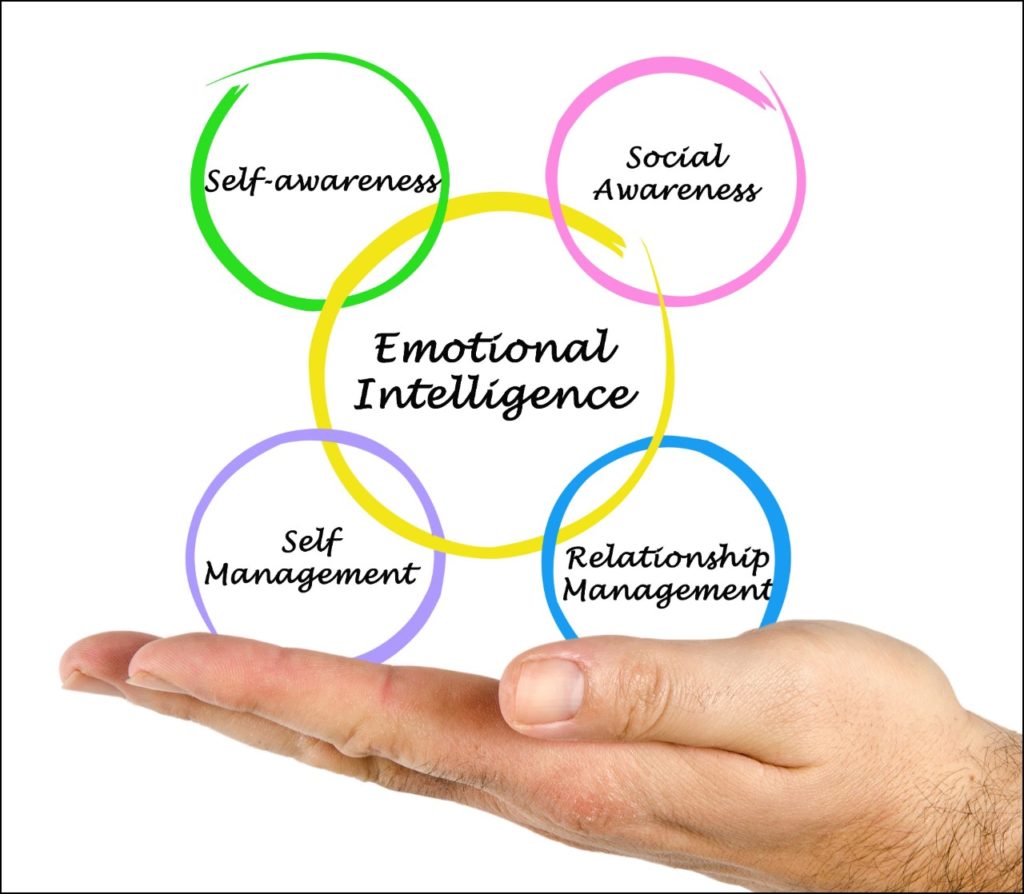Why Building Your EQ Will Make You a Better Leader
Marshall Goldsmith famously captured the key challenge of growing as a leader in the title of his book ‘What Got You Here Won’t Get You There’.
Many of us arrive in leadership positions because we are highly competent and strong performers in a particular technical discipline – it could be operations management, sales or even HR.
The problem is that once we have arrived in a leadership position, that technical competence alone will not be enough to guarantee success. Leadership is about inspiring and guiding people to achieve shared goals. Our success or failure in this will be down to our ability connect with and build effective relationships with people across the organization and that draws on a very different set of competences.
At the heart of these new competences and behaviours is emotional intelligence, the ability to recognise and manage our own emotions and recognise those experienced by the people around us.
There are some tell-tale signs that we need to work on our EQ as we make that transition to bigger leadership roles:
- Letting our frustrations show with team members or peers who ‘just don’t get it’ and simply don’t move at the speed we are expecting
- Letting conflict escalate or pushing arguments to the point where relationships and trust are damaged
- Missing signs that people around us are struggling with work or other personal challenges
It’s not about backing off the achievement orientation that got us to this point in our career, it’s about building a new and complementary muscle that ensures we can connect with and take people with us. That starts with self-awareness and self-management – recognising the emotions we are experiencing and how we can deal with them more effectively.
Self-awareness is about taking the time to understand what situations trigger an emotional response from us and reflecting on how we can handle these situations differently. Asking for feedback from those around us and working with a coach to build new behaviours in these situations are great ways to improve emotional intelligence.
The pay-off is massive, research has shown that greater emotional intelligence correlates strongly with improved mental health and, according to a recent Forbes Magazine article, EQ accounts for the highest percentage of top performers in many organizations. Building your EQ is possibly the most significant investment you can make in your career and work-life balance.
